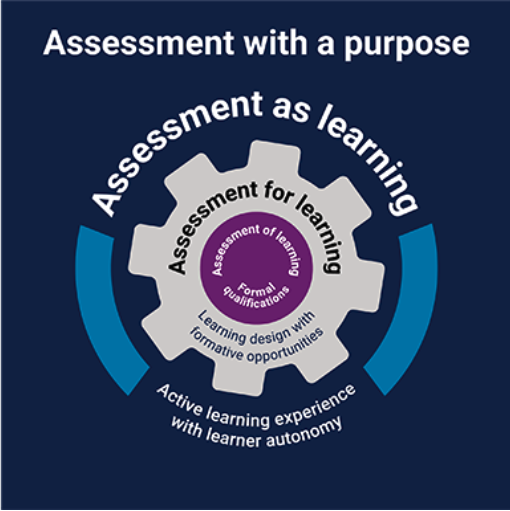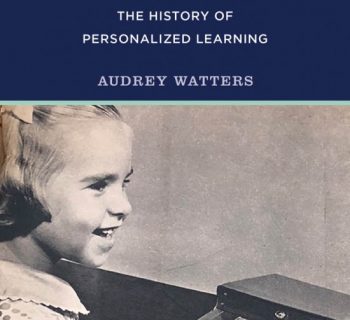
The UK Jisc have published the latest in a series of reports and examples of good practice around assessment - Principles of good assessment and feedback. This attention reflects the growing pressures for change in assessment practice following the pandemic. As Jisc say:
Assessment and feedback forms a significant element of staff and student workload and many studies have shown that students, in higher education, are less satisfied with assessment and feedback than with any other aspect of the experience.
Jisc go on to say that although "Previous research found good practice was often difficult to scale up because it required manual intervention or tools that were not interoperable" the exaples in this report "show innovative practice delivered at scale and using open standards to facilitate seamless integration with existing tools and administrative systems."
In addition to assessment of learning and the growing trend towards using technology for assessment for learning, the report adds a new category - assessment as learning.
Assessment as learning is a learning experience where the formative and summative elements work well together. Tasks appear relevant, students can see what they have gained by undertaking the activity, they feel involved in a dialogue about standards and evidence and the continuous development approach helps with issues of stress and workload for staff and students.
At the centre of the report is an introduction to seven principles of good learning, teaching and assessment, why they are important and how to apply them.
The principles are:
- Help learners understand what good looks like by engaging learners with the requirements and performance criteria for each task
- Support the personalised needs of learners by being accessible, inclusive and compassionate
- Foster active learning by recognising that engagement with learning resources, peers and tutors can all offer opportunities for formative development
- Develop autonomous learners by encouraging self-generated feedback, self-regulation, reflection, dialogue and peer review
- Manage staff and learner workload effectively by having the right assessment, at the right time, supported by efficient business processes
- Foster a motivated learning community by involving students in decision-making and supporting staff to critique and develop their own practice
- Promote learner employability by assessing authentic tasks and promoting ethical conduct








